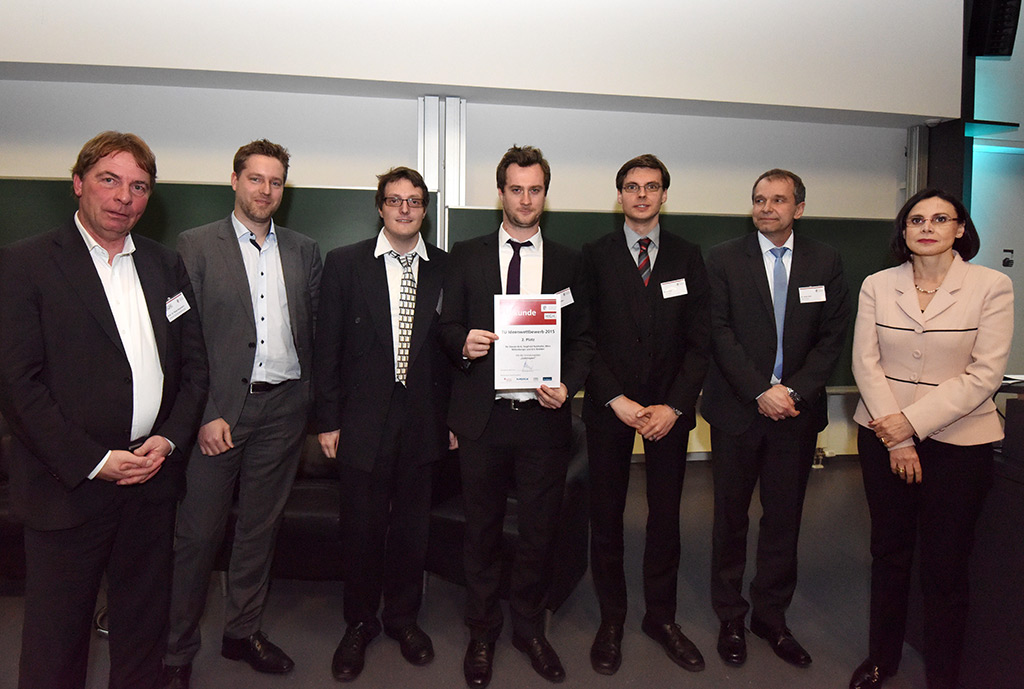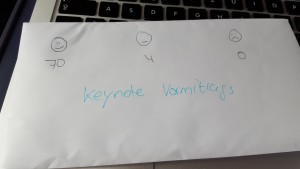CodeInspect was awarded the second prize at the HIGHEST startup contest at TU Darmstadt. In a multi-stage selection process, we had to convince the judges about our business concept for the need of more security in the mobile world. All in all, we competed against 74 other business ideas from different departments at the TU Darmstadt such as mechanical engineering, chemistry, etc.
More information about the other winners and the ceremony can be found here.





